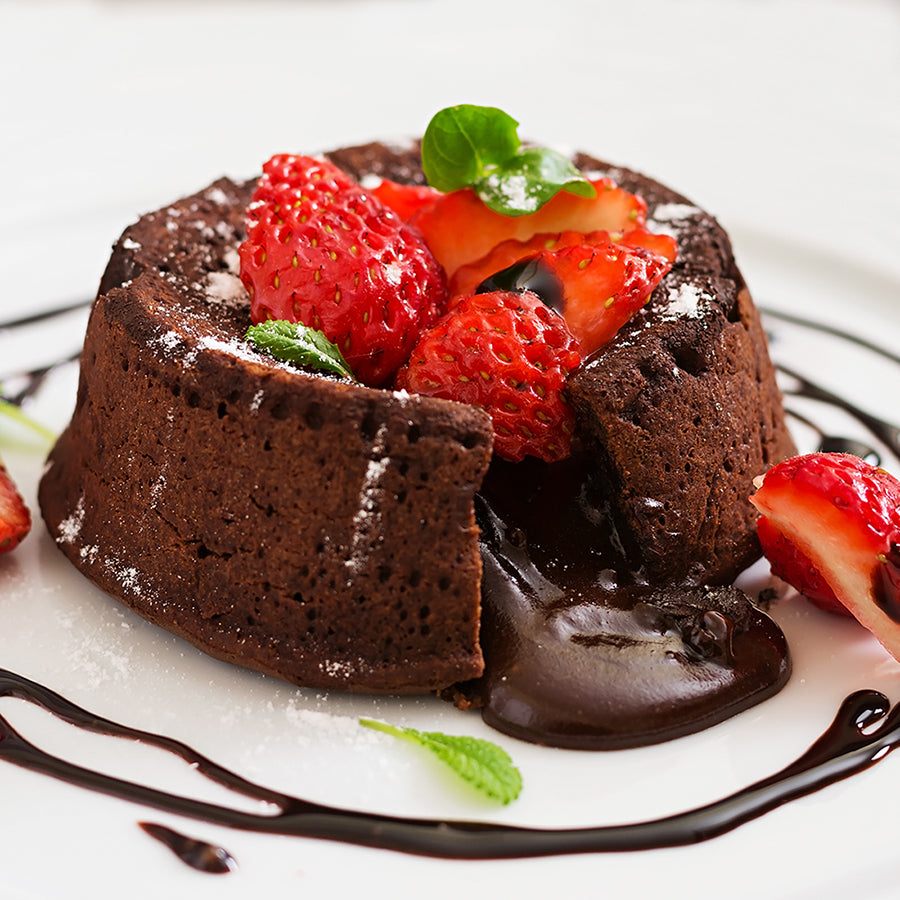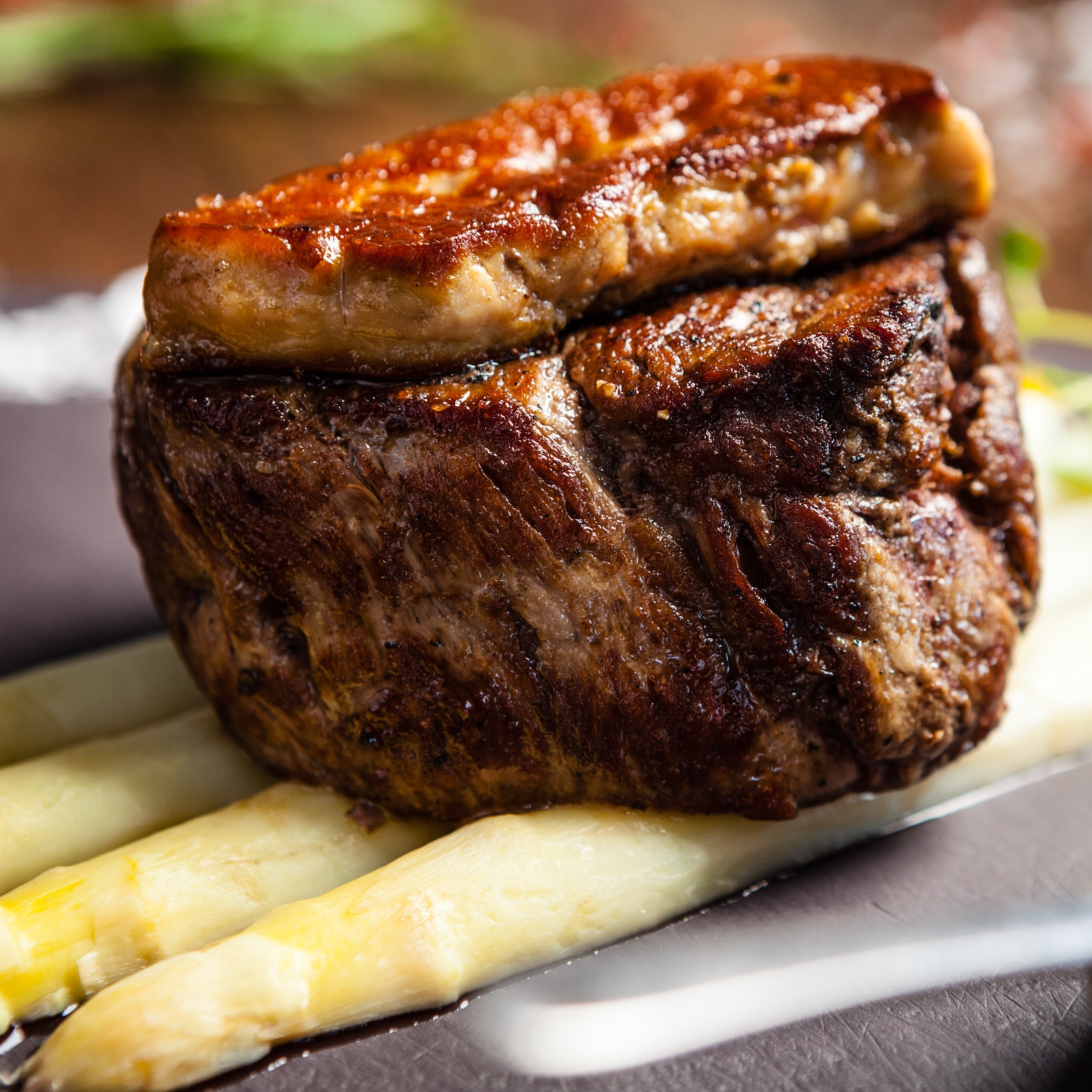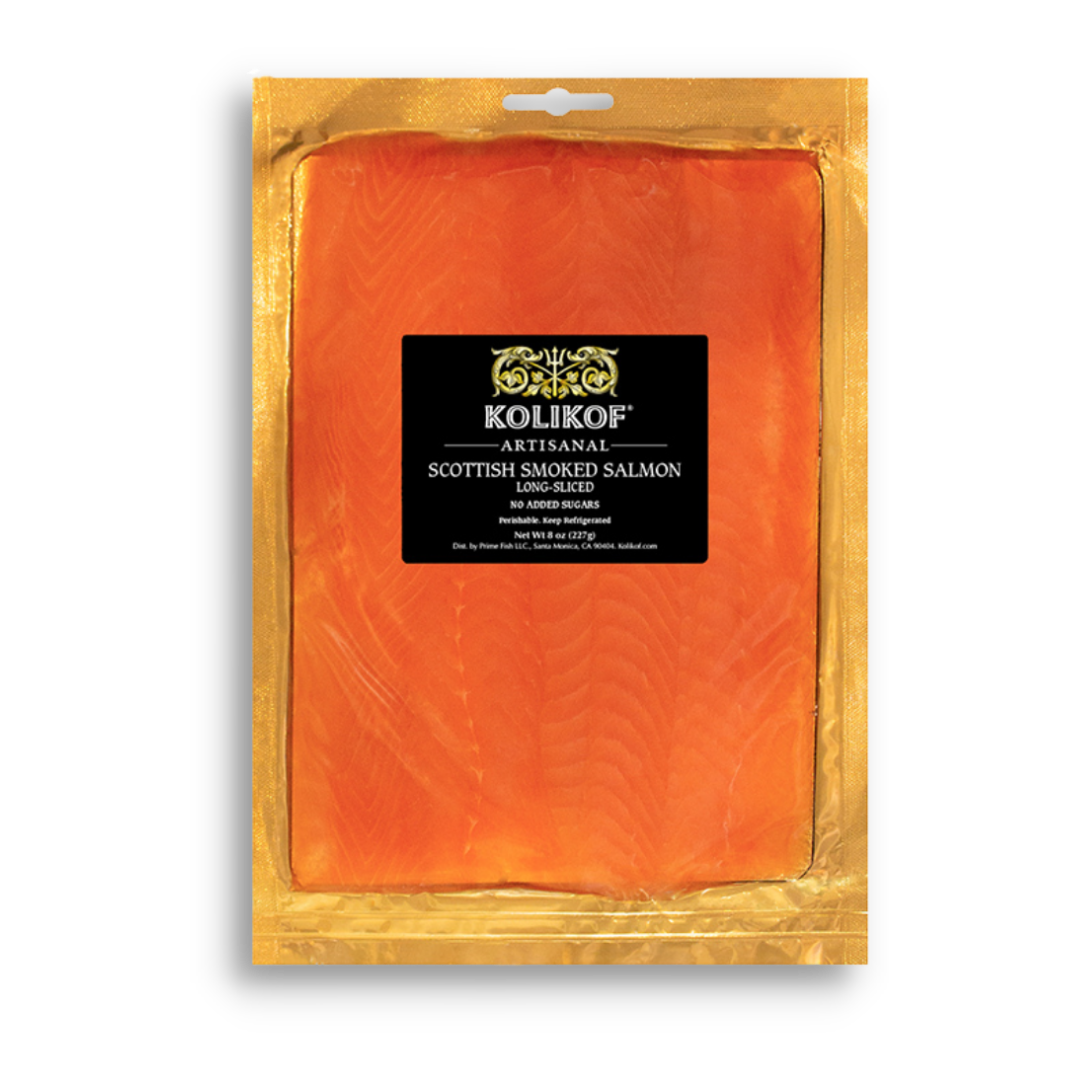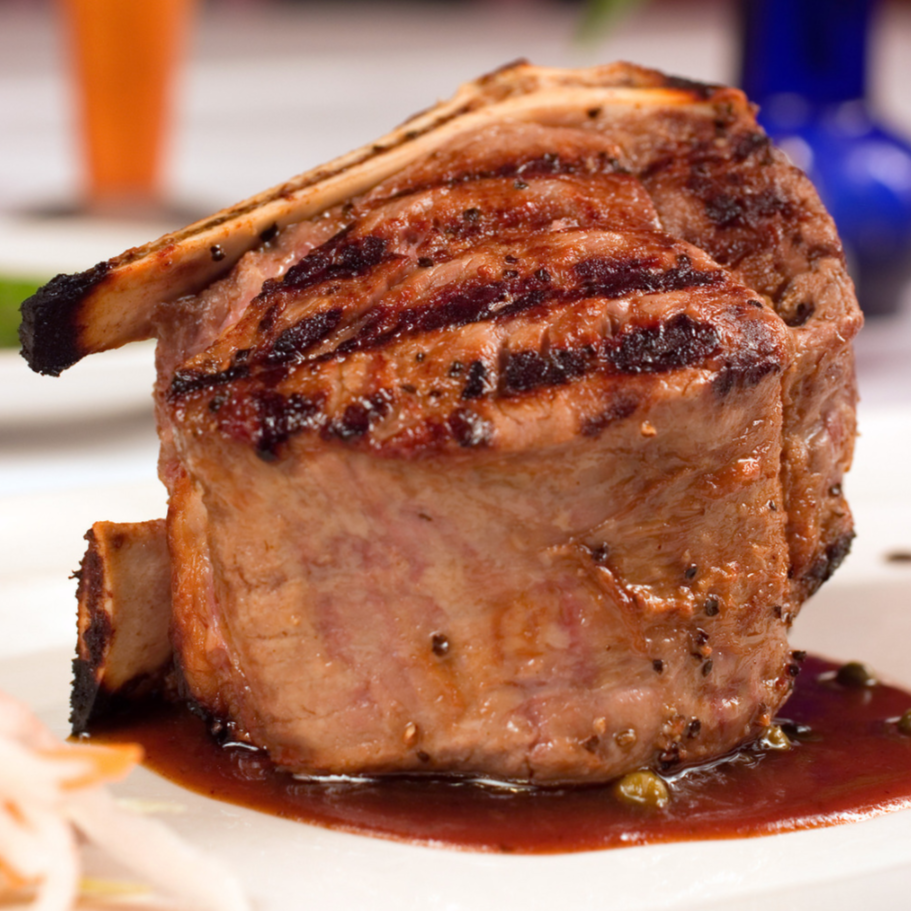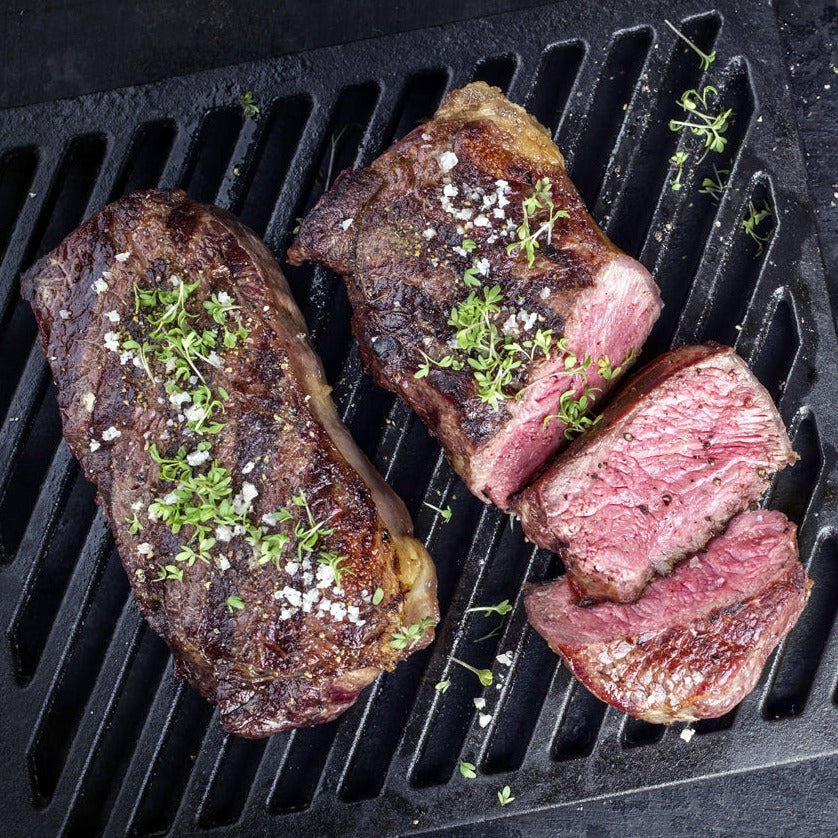What is the difference between lamb and mutton?
Lamb and mutton are two sorts of meat that originate from the same animal but are different when it comes to taste, texture, and culinary uses. Here is what you need to know about the difference between lamb and mutton.
Now for some basics; both lamb as well as mutton come from sheep. Lamb is produced by animals under one year old while mutton is obtained from older sheep generally between one to three years old where with age of an animal growing so does its meat which becomes darker in color, firmer in texture with a stronger flavor.
One thing that distinguishes lamb from mutton is the taste – being more mild compared to Muttan which has a rich gamey taste profile; this makes it ideal for dishes requiring strong flavours such as curries or stews where other ingredients might overpower its unique flavouring properties.
The softness throughout lambs due having smaller muscle fibres means they have different textures than those found in muttans who can be chewy because larger fibres were built over time through constant use by an ageing animal.
They also vary significantly in terms of cooking techniques employed; since lamb is relatively tender it can easily be grilled roasted or even sautéed while on the other hand mutton needs slow cooking over low heat for long periods until collagen melts into gelatine thus making tough connective tissue softer
When it comes to culinary usage these two types differ greatly – Mediterranean/Middle Eastern countries mainly use lambs meats alongside herbs like rosemary & thyme plus spices such cumin & coriander among others; additionally various cuts exist including chops or shanks just to mention but few examples. Conversely majority people prepare muttans through stewing them slowly where required before being incorporated into curries etcetera not only because tenderness gained during this process but also extra flavors attained
Apart from above mentioned points there are some nutritional differences between these two kinds as well; Lamb contains fewer calories and fats than mutton thus making it ideal for people watching their weight or cholesterol levels. However, muttan is packed with iron which helps in blood production alongside zinc for proper immune system functioning together with vitamin B12 that supports overall health among other benefits


